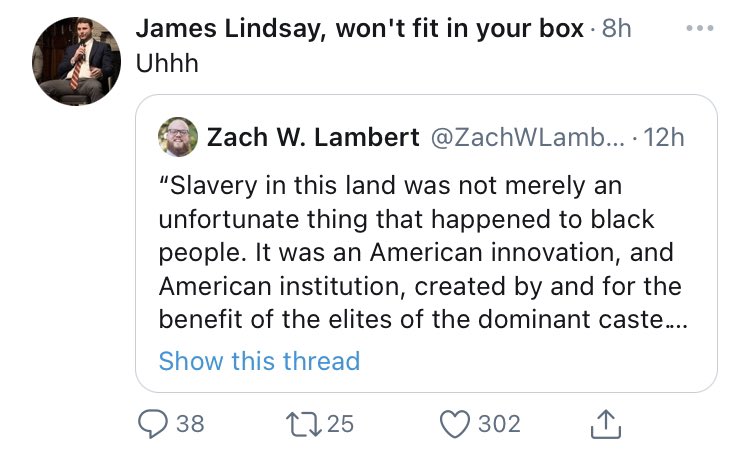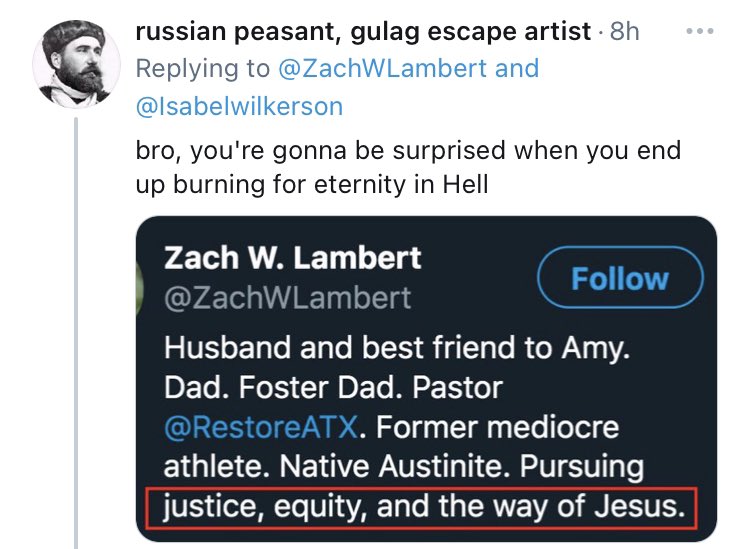It was a relatively new phenomenon at the time. Previously, kids dressed up & messed up people's yards. Now you could bribe kids with treats so they wouldn't give you a trick.

Halloween candy and marijuana edibles can look similar, so Indiana State Police are sharing safety tips so parents can look out.\u200b https://t.co/S2pcJYpgTV
— ABC 7 Chicago (@ABC7Chicago) October 30, 2020






Ben Cooper was hit hardest, because they had so much inventory and far more licenses than even their nearest competitor, Collegeville (pictured).
— "Critical Kate" Will\xe6rt \U0001f918\U0001f3fb (@katewillaert) October 28, 2019
Halloween bounced back, but Ben Cooper declared bankruptcy. But it would be a company called Rubies that changed Halloween forever. pic.twitter.com/DjerEeFc0t
\u201cSlavery in this land was not merely an unfortunate thing that happened to black people. It was an American innovation, and American institution, created by and for the benefit of the elites of the dominant caste.\u201d @Isabelwilkerson
— Zach W. Lambert (@ZachWLambert) February 11, 2021

